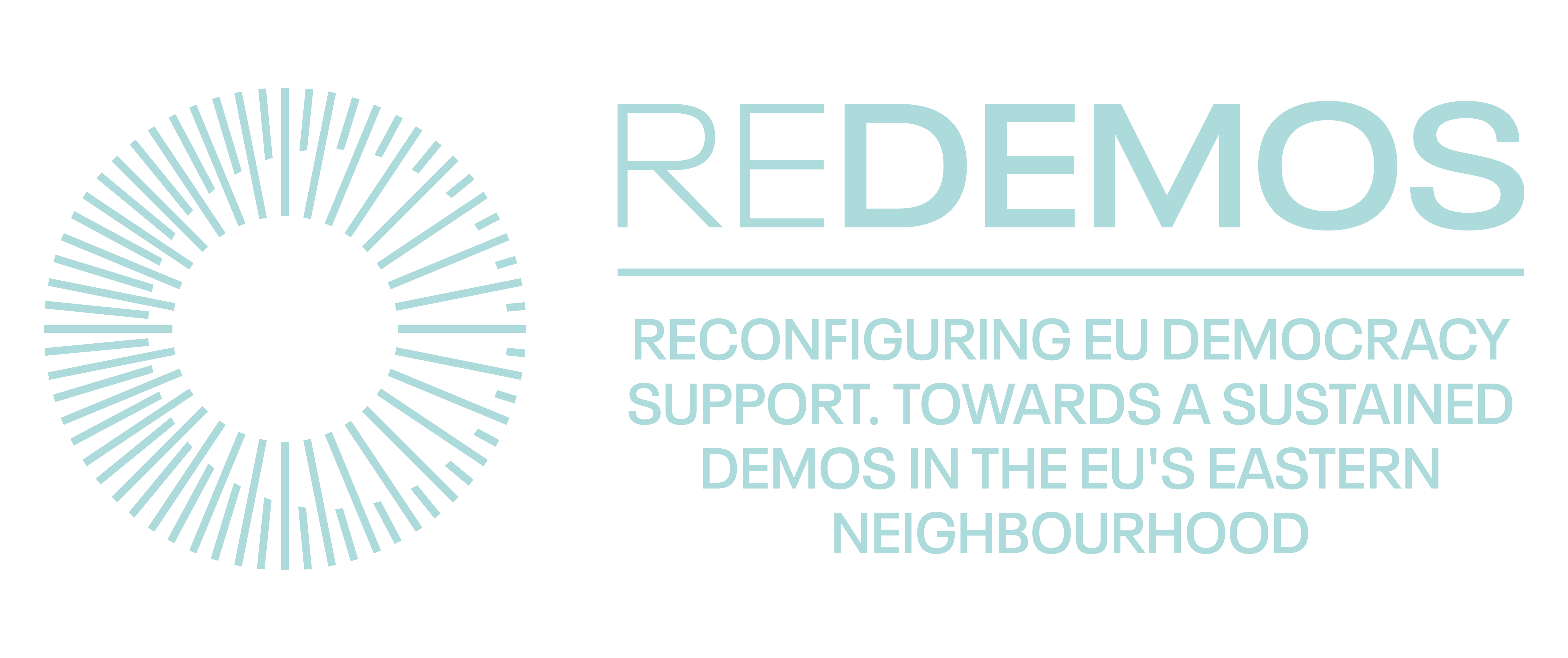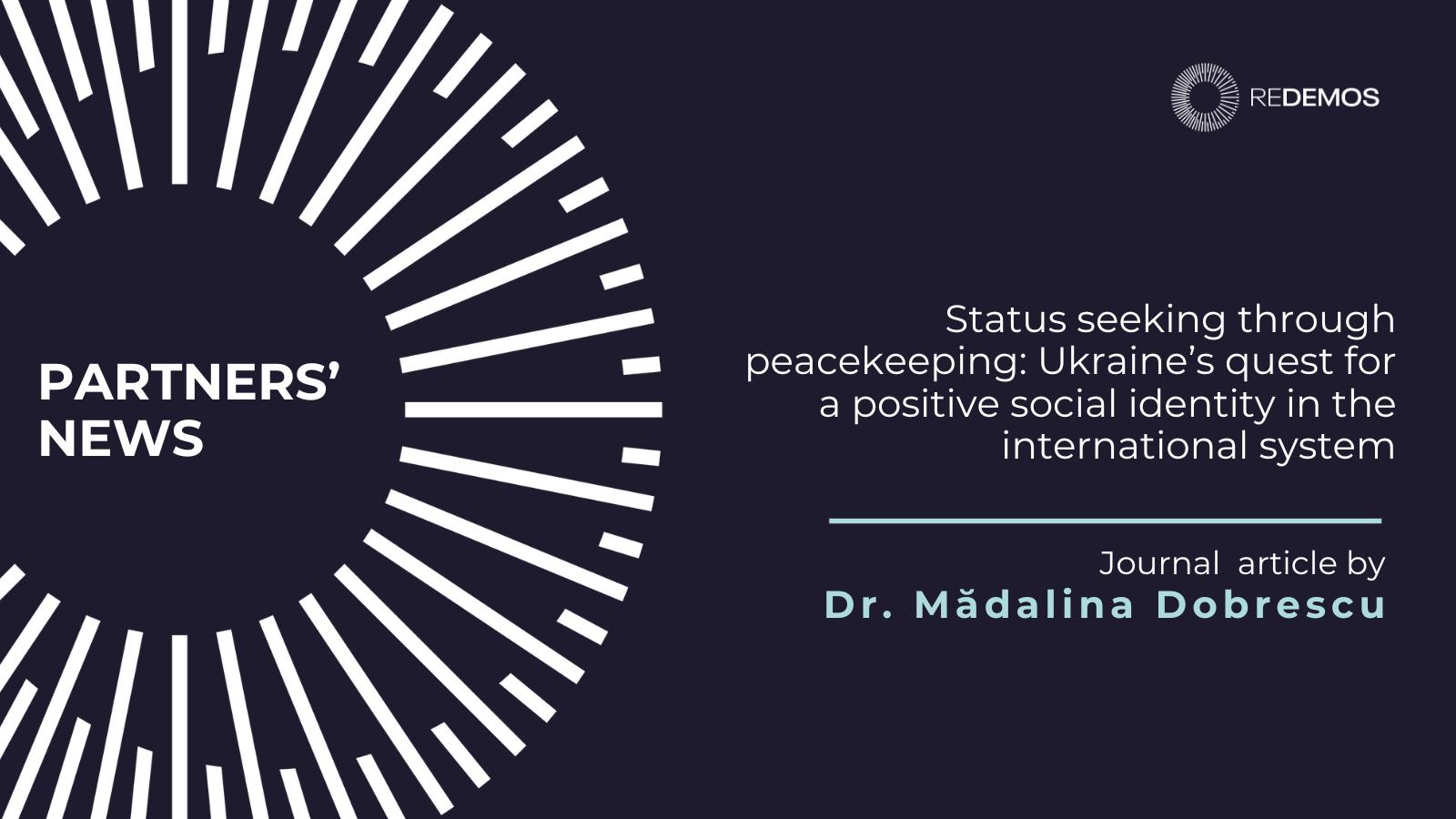In the journal article ‘Status Seeking through Peacekeeping: Ukraine’s Quest for a Positive Social Identity in the International System’, published in Foreign Policy Analysis, Dr. Mădalina Dobrescu, Principal Investigator & Coordinator of the REDEMOS project, explores the reasons why states engage in peacekeeping operations and how this can help them acquire a positive reputation in the international community.
In specific, she points out that ‘states’ contributions to peace operations can be related to attempts at acquiring a positive identity in the international arena through membership in highly ranked groups’. Drawing on insights from social identity theory as well as peacekeeping and burden-sharing research, she elaborates on how states use peacekeeping as a tool to manage their reputation and acquire a positive social identity.
In addition, the author presents Ukraine’s significant peacekeeping engagement, which as she mentions, ‘in the first two decades following independence represents an intriguing case of an emerging state positioning itself in the international and regional systems, which makes it a relevant case study to explore’. To illustrate this point, she elaborates on how two of Ukraine’s formative peacekeeping experiences ‘have fostered, or alternatively undermined, the pursuit of a positive social identity, first as a sovereign state and member of the broader international community and second as an aspiring member of the Western community of states’.
Source: Madalina Dobrescu, Status Seeking through Peacekeeping: Ukraine’s Quest for a Positive Social Identity in the International System, Foreign Policy Analysis, Volume 19, Issue 2, April 2023, orad009, https://doi.org/10.1093/fpa/orad009


